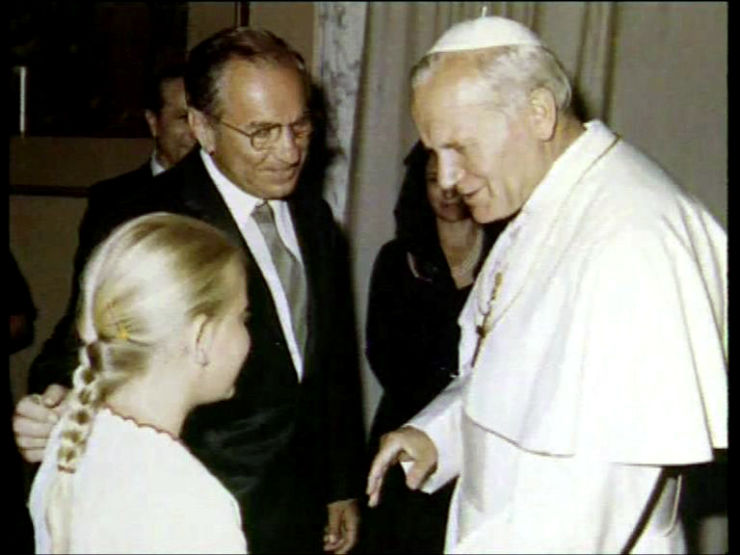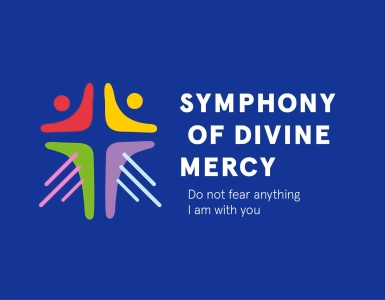When World War II broke out, he experienced it, but was not directly affected by this terrible tragedy: a “final solution”, as the plan to eliminate the Jewish race from the European continent was defined. It was only after the end of the war that Karol learned that many of his Jewish friends had died on the battlefield or in Nazi camps. He learned that the extermination of the Jewish people – Szoah – was carried out in Poland, on his home soil. He was so shocked that to the end of his life he carried inside the remembrance of this awful experience. Nazi madness also affected the Kluger family. Jurek’s mother, his 20-year-old sister Tesia and his grandmother died in the death camp. He himself, Jurek, fought in Italy in the General Anders’ Army. After the end of the war, he married and settled in Rome. And there, unexpectedly, he found an old friend, Lolek, who, in the meantime, became Archbishop of Krakow. This Friendship never ended, even after the election of Karol Wojtyła as the Pope. The Holy Father occasionally invited him and his family for a lunch or dinner. They called themselves directly by name and were talking like two classmates from the school bench. Mr. Kluger, the engineer, treated the Pope as a family member, and he really felt as one of them. He baptized his granddaughter, then blessed her marriage, and later baptized her daughter. Genuine friendship – for the entire life! Now, it will be easier to understand why, as a Pope, Karol Wojtyła went to Auschwitz and said, “I had to come here.” And, why he decided to do what no head of the Catholic Church had done for two thousand years: to cross the synagogue threshold, thus making a historical gesture of solidarity and reparation towards the Jewish people.
Cardinal Stanisław Dziwisz – “Testimony”
TBA Publisher, Warszawa 2007





